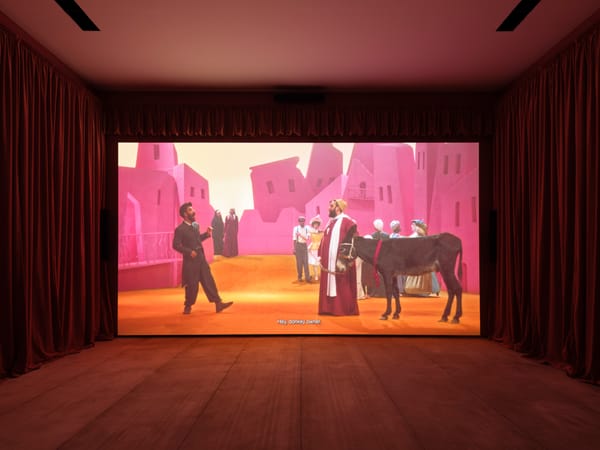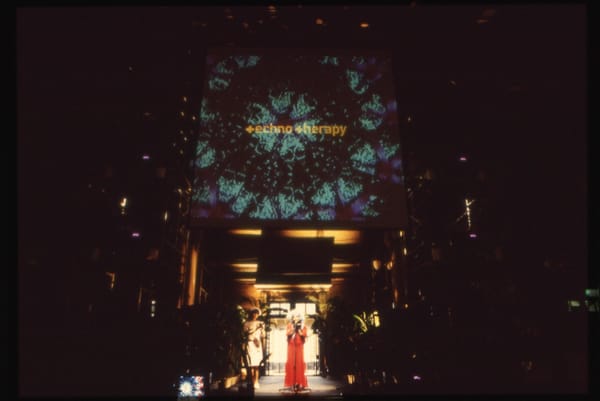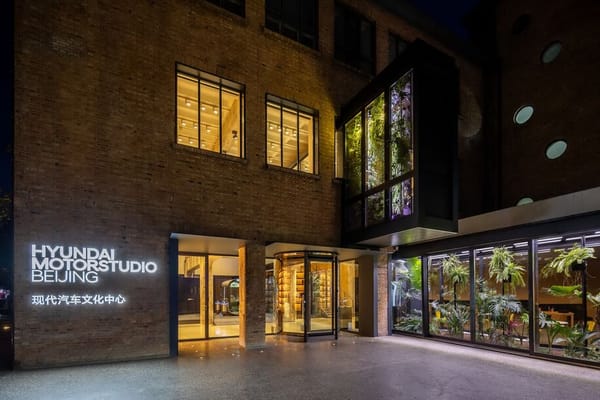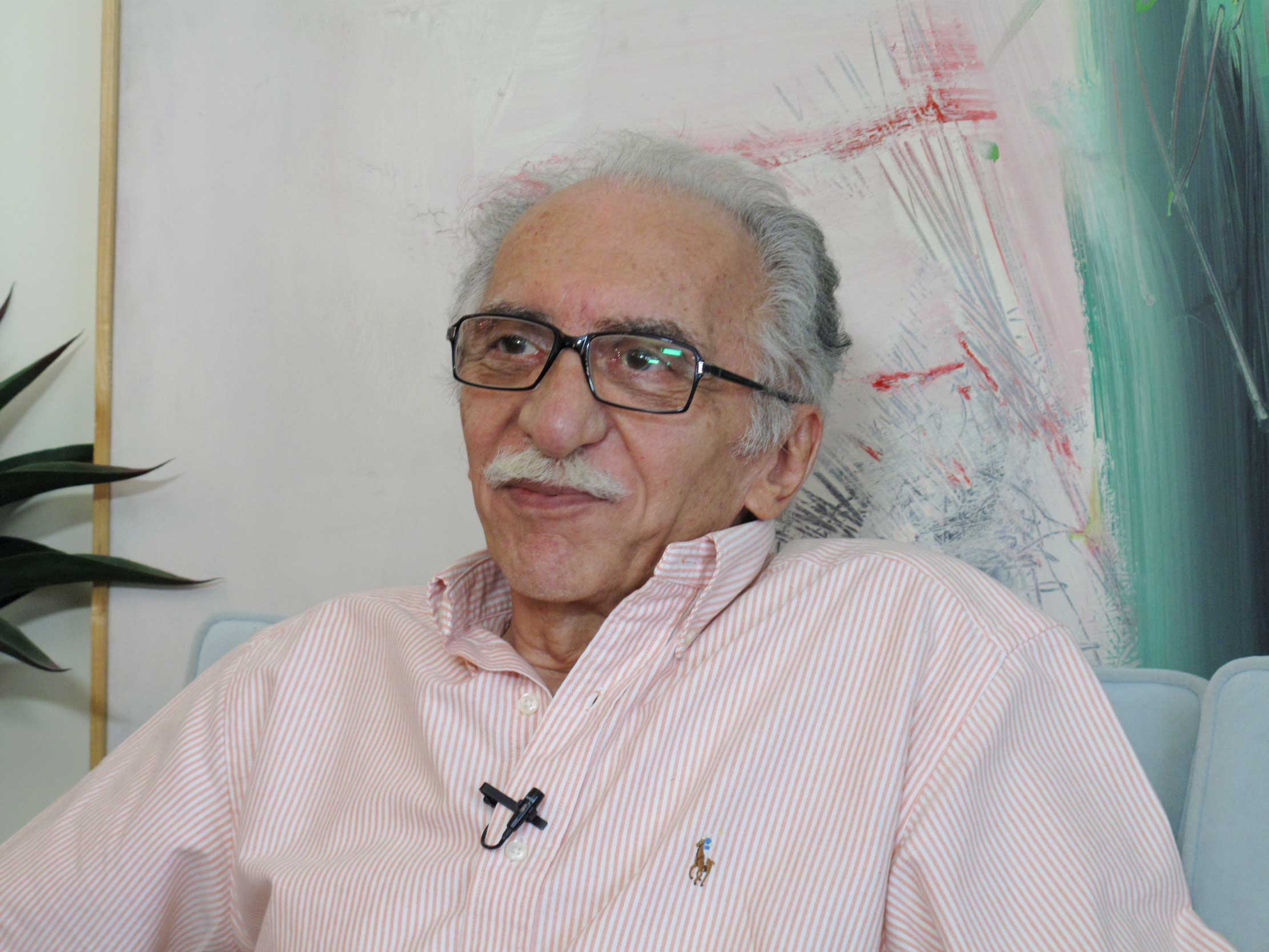Ideas
8, OR HACHI: INTERVIEW WITH RICHARD TUTTLE
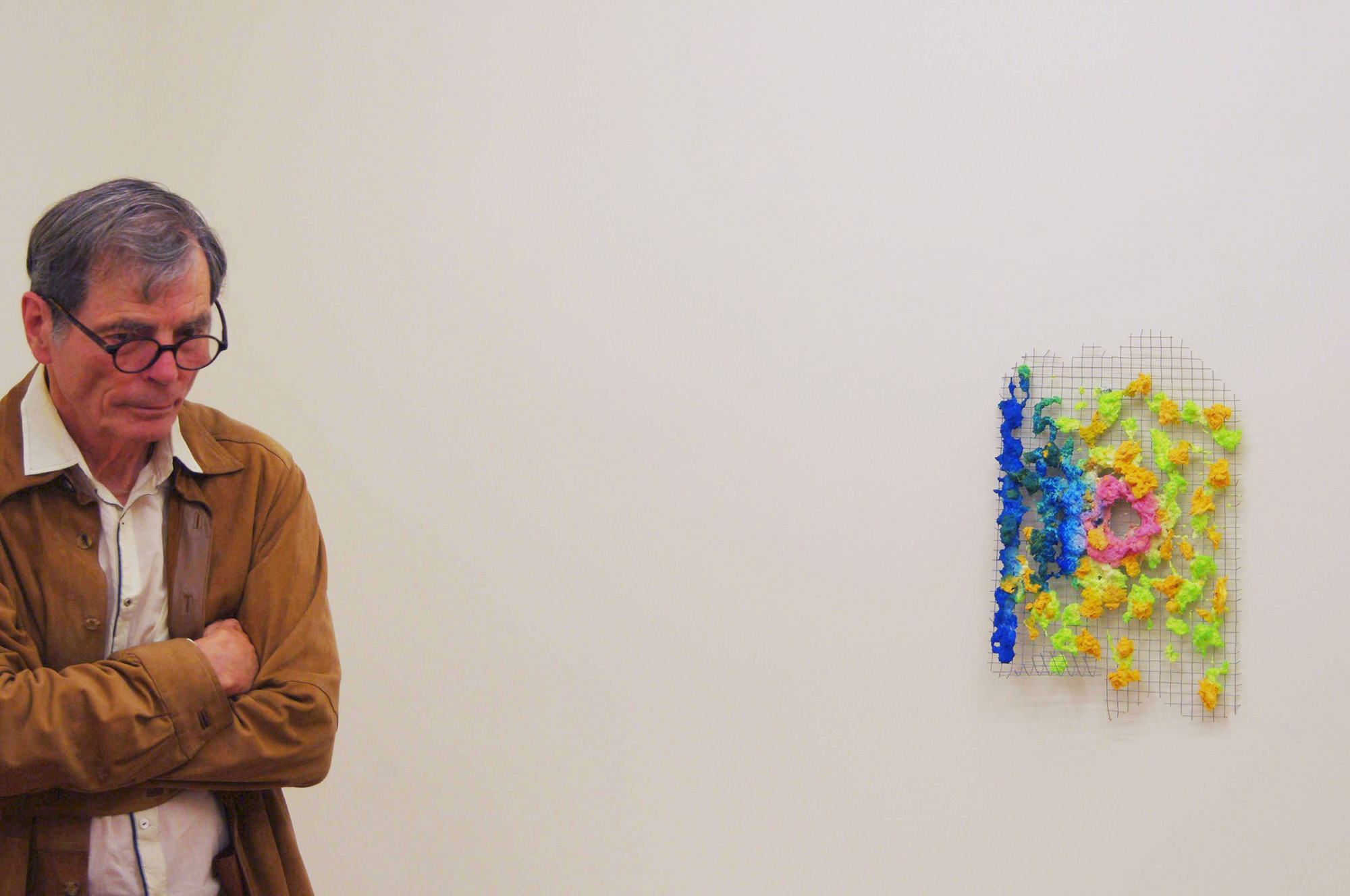

Born in New Jersey in 1941, Richard Tuttle is widely recognized for his post-minimalist and process-based works. He has been at the forefront of contemporary art since his debut solo show in 1965 at New York’s legendary Betty Parsons Gallery, and his controversial 1975 retrospective at the Whitney Museum of American Art, which comprised subtle pieces of wire, canvas and cord tacked to walls, and barely perceptible sticks of wood on the floor that critics such as Hilton Kramer lambasted, asking, rhetorically: “What is the point of burdening a major museum facility with such a minuscule accomplishment?” Since then, he has produced a substantial body of work investigating color, line, volume and form through a wide range of materials, many of which are often overlooked as ephemeral and unimportant. His works reside in a space between painting, sculpture, drawing and poetry, and pose questions to existing systems of classification, as well as preconceptions of what art is.
Tuttle’s solo show, “8, or Hachi” at Tokyo’s Tomio Koyama Gallery, marks the fourth presentation of his oeuvre in Japan since the artist and gallery began their collaboration in 2002. The exhibition consisted of eight new sculptures, together with 11 new drawings. ArtAsiaPacific sat down with Tuttle, just as he was completing the install of the show, to discuss the works in the exhibition, his practice, and how, through his art, he invites viewers to engage with the energetic sensations and spiritual provocations of their environs.
In “8, or Hachi,” the titles of each of the artworks are printed on pieces of standard printer paper and are placed on the concrete floor. This imparts the sense that the exhibition is an ephemeral work-in-progress, like the pieces on display, while reinforcing the importance of the title as part of the artwork. Was this your intention?
There is a challenge with foregrounding space. In our information-driven world, exhibition texts are normally on the wall. They are labels, and in a sense, an illusion. Taking the text off the wall and placing it on the floor changes the gallery space from one of information to one of energetics. My exhibition is concerned with energy, and the energetic world does not see rational and irrational thoughts as diametrically opposed binaries, nor does it privilege one over the other. When people walk into the exhibition and see these pieces of paper on the floor, they might ask: “Is this rational? Or irrational?” They’d probably conclude that it’s irrational, but that’s fine. To move past concerns solely to do with information, first we have to rethink the relation between the rational and irrational. So in this room, some gestures are rational, others irrational, and together they make conversation.
The titles were written in Japanese only—the original English-language names didn’t appear. Why?
Our native languages connect us and give us certainty. So I wanted the language that I use for this exhibition to be Japanese.
Color is significant in the exhibition, just as it is in your general practice. For example, hues of primary colors are intertwined in many of the sculptures, creating complex sensations. Could you speak about that?
There is humor in this show—as much humor as seriousness. When artists make colors, they usually do so knowing what they want. To get to the specific color they have in mind, they start with another color, and then add another color, and another, and so on. But this idea of getting the “right” color is a joke.
The composer Bach said something very important. He’s not writing music, he’s only trying to be a teacher to the person who’s playing. He’s one of the greatest teachers, and also writes beautiful music, but that’s just an accident. He’s not involved in ego, but in a two-way relationship with the student. Just like him, I’m not interested in making beautiful artworks, but in the relation with the viewer. And so this is why I speak about the color being right. In this sense, color and music are similar. You cannot make the “right” color because that’s personal and subjective. Instead, beauty comes from the relationship between an author and the viewer. To build trust with the viewer is key.
Over the last half-decade, you have been using a wide range of materials. How do you choose what you work with?
Let’s take a look at the drawings in the exhibition, for instance. A point in the first drawing develops to form a structure in the later drawings. Drawing was necessary. It wasn’t just for the sake of making a drawing. There was no other way in the world to make the same statement, and this applies to all the works. To me it’s a moral issue. I use materials that are unimportant, but how I use them is important. As with philosophical writing, you have to find the point of tension between what matters and what doesn’t.
You studied philosophy and literature when you attended Trinity College in Connecticut, and I gather both are still very important to you.
I’m interested in the 20th-century Kyoto School of thinkers, who drew from both East Asian and Western philosophies. The dream was to create a universal system, which is difficult, of course, but in aiming for that, Nishida [Kitaro, founder of the school] was concerned with harmony, and so am I. The last philosopher who really took on conceiving a universal system, I think, was Edmund Husserl. The world has now become too compact and two-dimensional. Even for the greatest minds since him, writing has become a therapy for philosophy itself. If philosophy can’t think about a universal system, then maybe it’s time for art to think about it. It really is a big picture, but to me, it’s natural to do the most of what’s possible in art.

You told me earlier that you didn’t want to show in Japan for a long time although you have visited the country many times and are interested in the culture. Why?
One reason is I respect Japan and its Yamato Damashii culture [or, the “Japanese spirit”]. Every art has a place of origin, and even though I’m very comfortable in Japan, I’m from another culture, as is my work. The group spirit here, which the government once tried to protect by Sakoku [a closed-door foreign diplomatic and trades policy of the Edo period], is so close to finding justice, and I felt that it can be poisoned by contacting things from the outside. These are all ethical questions, and I can say that my work is absolutely, 100 percent ethical. The other reason is that I’m a guest here, and I have very strict rules about being a good guest. What I did at this show fell within my rules. I can say I’ve tried my very best to be a good guest. I am proud of that. My greatest dream is to see the connection between the ethical quality of my work and that of Japan.

What is your relationship with your own work?
I’m a student of my own work. I just try to do what my work tells me to do, and then I try and understand it. Similarly, it’s more interesting for you and other people to look to what my work says rather than what I say. My work always has a purpose, and that is the most important part. It’s my contribution to the world.
So that’s your purpose?
I asked myself that too before coming to Japan. I traveled a long way to get here, and most people do that to get something, but I’m trying to give something. You don't have many chances to give, so when you do give it should be something important or something that you care about, or that makes a difference. In my case, the most important thing I have to give comes from my experiences as a child, when I saw art as a bit of perfection in an imperfect world. My works from the 1960s look different to my recent works, but everyday for 55 years I woke up and tried to do the same thing, which is to give back.
Is there anything you’d like to communicate to the audience of your show?
To me, the purpose of an exhibition is always to say thank you. There are eight pieces [in this show]. The first room has small works and the second room has large works. But as far as I’m concerned, the scale is the same. Each artist, like everybody else, has a unique scale—just like a fingerprint. And the day you discover your scale is one of the most important days of your life. Looking at art is just as creative as making art—it’s also about knowing and using your own scale.
Richard Tuttle’s “8, or Hachi” is on view at Tomio Koyama Gallery, Tokyo, until November 17, 2018.
To read more of ArtAsiaPacific’s articles, visit our Digital Library.
